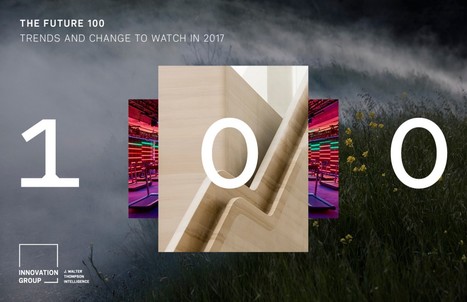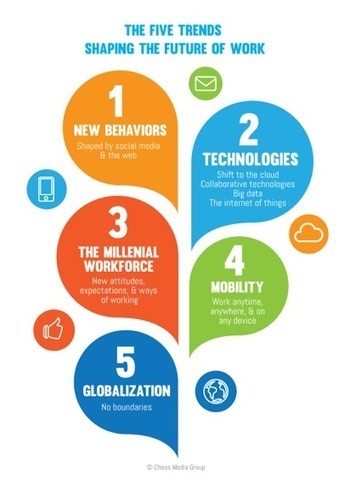Fuimos hablando el año pasado sobre el futuro del trabajo y su incertidumbre, cada vez más podemos leer muchos artículos intentando averiguar cómo podemos irnos adaptándonos a los cambios que el futuro dentro de las organizaciones nos esperan o deparan, pero algo que podemos es ir viendo es que el futuro del trabajo va a ser y puede que sea cada vez más asincrónico.
El Covid-19 convirtió el trabajo desde casa, en remoto desde cualquier parte del mundo está siendo la nueva normalidad para las organizaciones, ya que las oficinas cerraron para frenar la propagación del virus, actualmente siguen lidiando con las bajas por contagio, pero siguen funcionando, esto está produciendo que cada vez más se vean que se están volviendo asincrónicos. La investigación ha demostrado que incluso si la pandemia se desvanece, las organizaciones seguirán aumentando la productividad de los trabajadores remotos, la aparición que por fin empezamos a entender sobre la alfabetización digital, aprendizaje por conexiones digitales, organizaciones híbridas y cambiantes.
Si pudiéramos imaginar que estuviéramos en el año 1914 y fuéramos un trabajador común, típico de la época de principio de siglo XX, cuando en el final de la Revolución Industrial que estandarizó el horario de 9 a 5 que conocemos actualmente. Que trabajamos en una fábrica de automóviles en una línea de ensamblaje (que Henry Ford presentó con un año de anterioridad). A medida que el automóvil se mueve a lo largo de la cinta transportadora, nuestro único trabajo es colocar las ruedas y esperar el próximo automóvil.
“El mayor peligro en tiempos de turbulencia no es la turbulencia; es actuar con la lógica de ayer.” – Peter Drucker
Via Josep Hernández



 Your new post is loading...
Your new post is loading...














